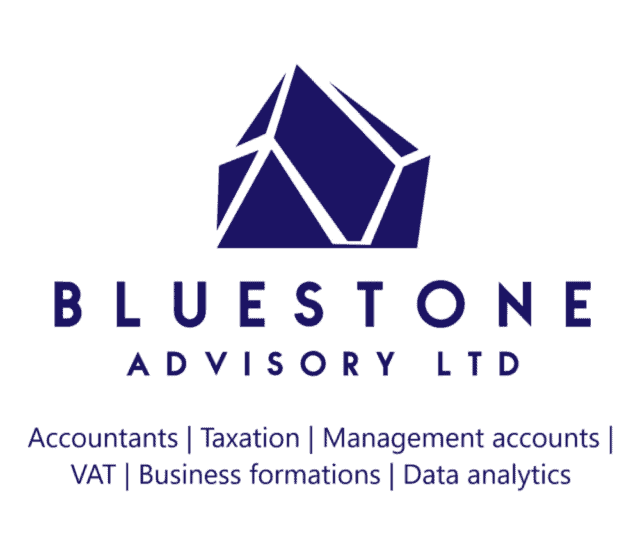Why Do I Need Management Accounts?
Why do I need Management accounts?
Having sound financial management is vital to the survival, sustainability and success of your business or charity. One of the best business practices to achieve this is by preparing management accounting. The following articles offers valuable background information and handy answers to some frequently asked questions.
- What are Management accounts?
- What are the differences between Management Accounts and Statutory Financial Accounts?
This article highlights some of the key reasons why these reports are important and how they can help small businesses and charities:
1. Financial visibility and control:
Management accounts provide a clear view of an organisation’s financial position and performance. The reports provide key insights into various aspects of your business or charity and as a whole.
Businesses that sells many different products, for example, can use these reports to determine sales performances and trends for each product lines.
2. Informed decision-making:
Making informed decisions is vital for the success of any business or charity. Management accounts provides the financial information necessary to evaluate different options, assess risks, and choose the most suitable course of action.
By relying on accurate and up-to-date data, you can make informed decisions that align with your goals and grow your business or charity. From our earlier example, these reports can help you decide on how much stock to buy or create for each product line; how to price these products or how much floorspace, staffing or investment to devote to each product line.
3. Monitor and analyse performance:
Businesses face an ever changing environment with many factors that can change. How aspects of your business performs and adapts to change is critical to its’ success. The practice of reviewing management accounts and then making informed decisions should be followed up by ongoing review of the whether these decisions and adaptations are having the expected impact on performance.
Adjustments and fine-tuning can often occur and analysing relevant key performance indicators (KPIs) or using variance analysis can help measure your progress.
4. Target setting and accountability:
Businesses and charities often have performance targets and goals. These targets can sometimes be difficult to determine and often unrealistic. By using historical results from monthly or quarterly management accounts more accurate and realistic goals can be calculated.
Not only can you examine current performance against historical performance you can also evaluate expectations or budgets against historical performance as well as current performance. You can then consider the following:
- Can accurate forecasts be made?
- How confident can we be in our expectations?
- Are our forecasts accurate and reliable?
- What factors can change our forecasts?
Regular reporting can also allow you to monitor whether these goals are being achieved on ongoing basis and not just at the year-end.
In all, this process exemplifies the continuous improvement and refinement that small businesses, medium-sized businesses and charities make on an everyday basis.
5. Financial planning and forecasting:
Management accounting allows you to have effective financial planning and forecasting. They allow you to project future financial scenarios, anticipate potential challenges, and develop strategies to mitigate risks.
By having a forward-looking view of your finances, you can proactively plan for growth, invest or allocate resources efficiently, and adapt to changing market conditions. A five year or longer term plan can be put in place to meet your future goals. This can be done by having incremental annual targets and then again further into quarterly or monthly targets.
Consider a construction business developing an apartment building over the course of a few years. They would need to plan for the various of phases and stages of development and then organise and timetable equipment, materials and schedule relevant staffing. The different stages requires varying personnel and cashflow commitments. Accurate and effective planning is crucial to the viability, cashflow and profitability of the project.
Calculating Cost-Value Reconciliations (CVR) as part of management accounts that are inspected against budgets and historical projects can provide important forecasting confidence to a project. Regular review of the cashflow forecasts are vital to determining whether each stage of the project can be appropriately funded or whether and at what stages further financing may be needed. Lenders or investors would likely request regular reporting in their terms and conditions.
6. Stakeholder communication:
Management accounts serve as a valuable communication tool not just for the owners of a business but also for investors, lenders, or board members. As mentioned above, they provide important relevant information that would be useful to them. Regular reporting helps fosters trust in the management of the business and helps strengthens relationships and support for the business.
Owners and investors can use them to consider the value, viability and growth of the business, whilst lenders can focus on whether loans can continue to be serviced and obligations being met. Annual statutory financial accounts are prepared for a different audience and purpose being mostly for compliance and tax. These are required to be submitted to HMRC, as well as to Companies House (if the business is a limited company or LLP) or the Charities Commission (if a registered charity).



